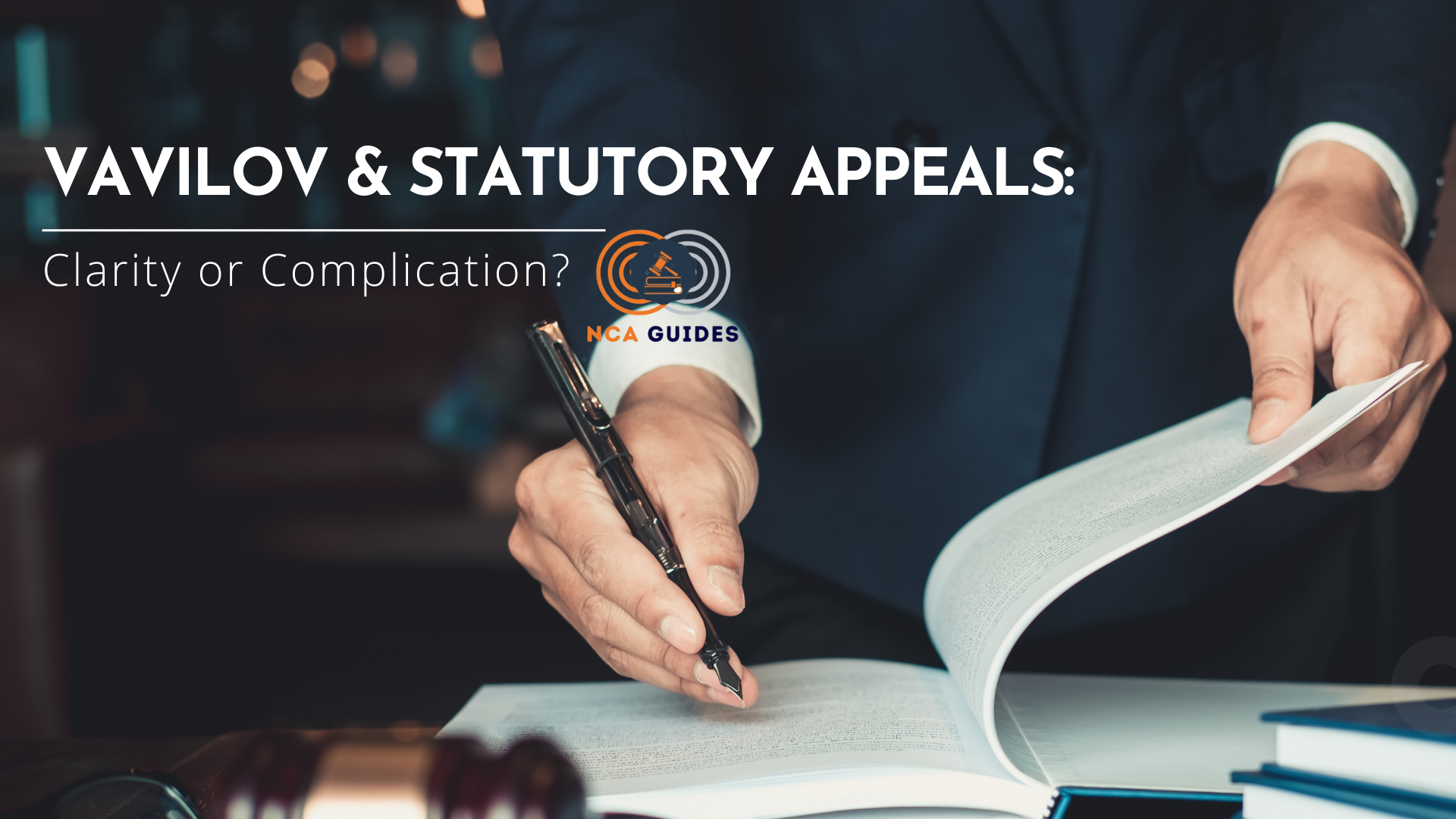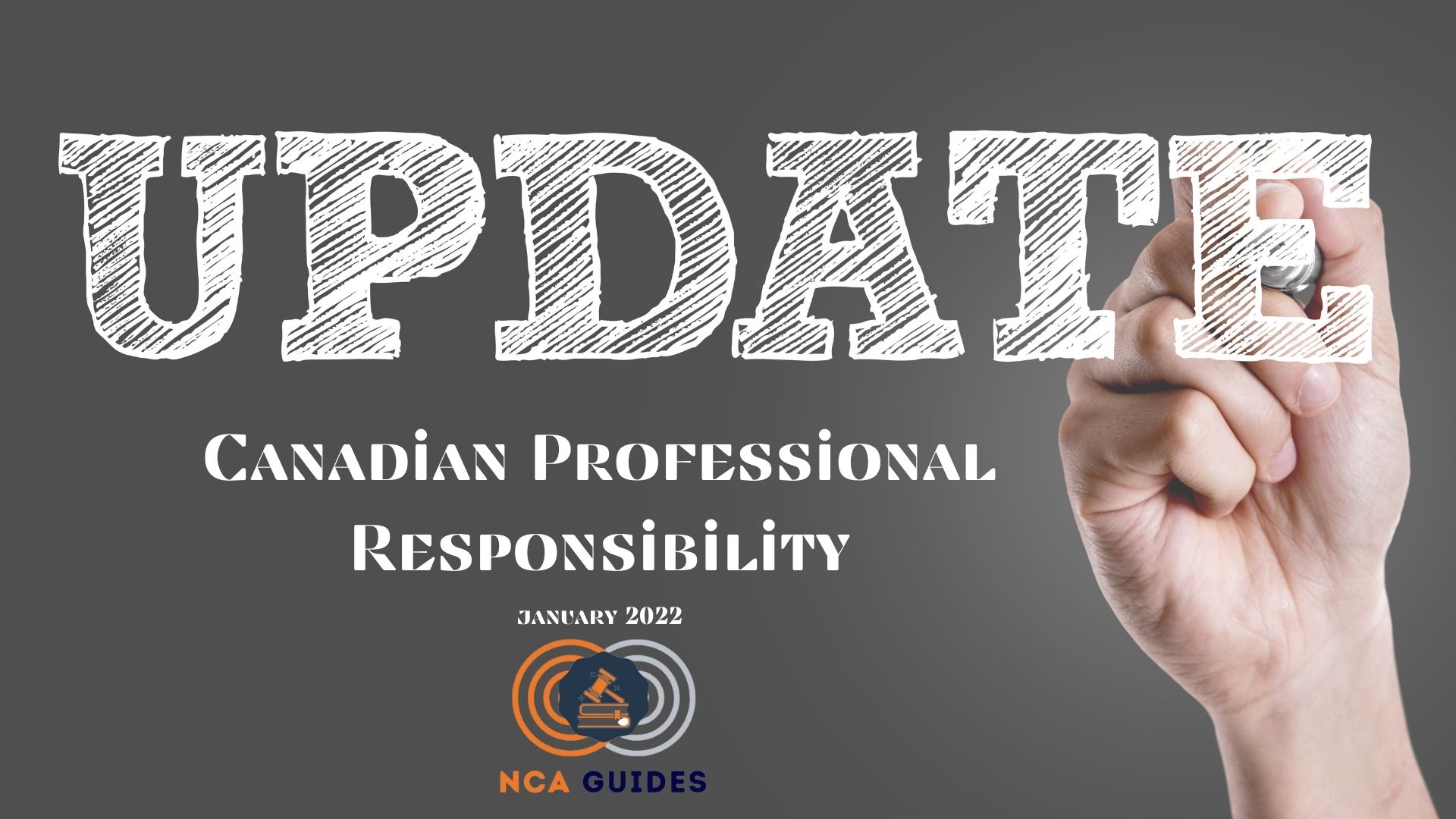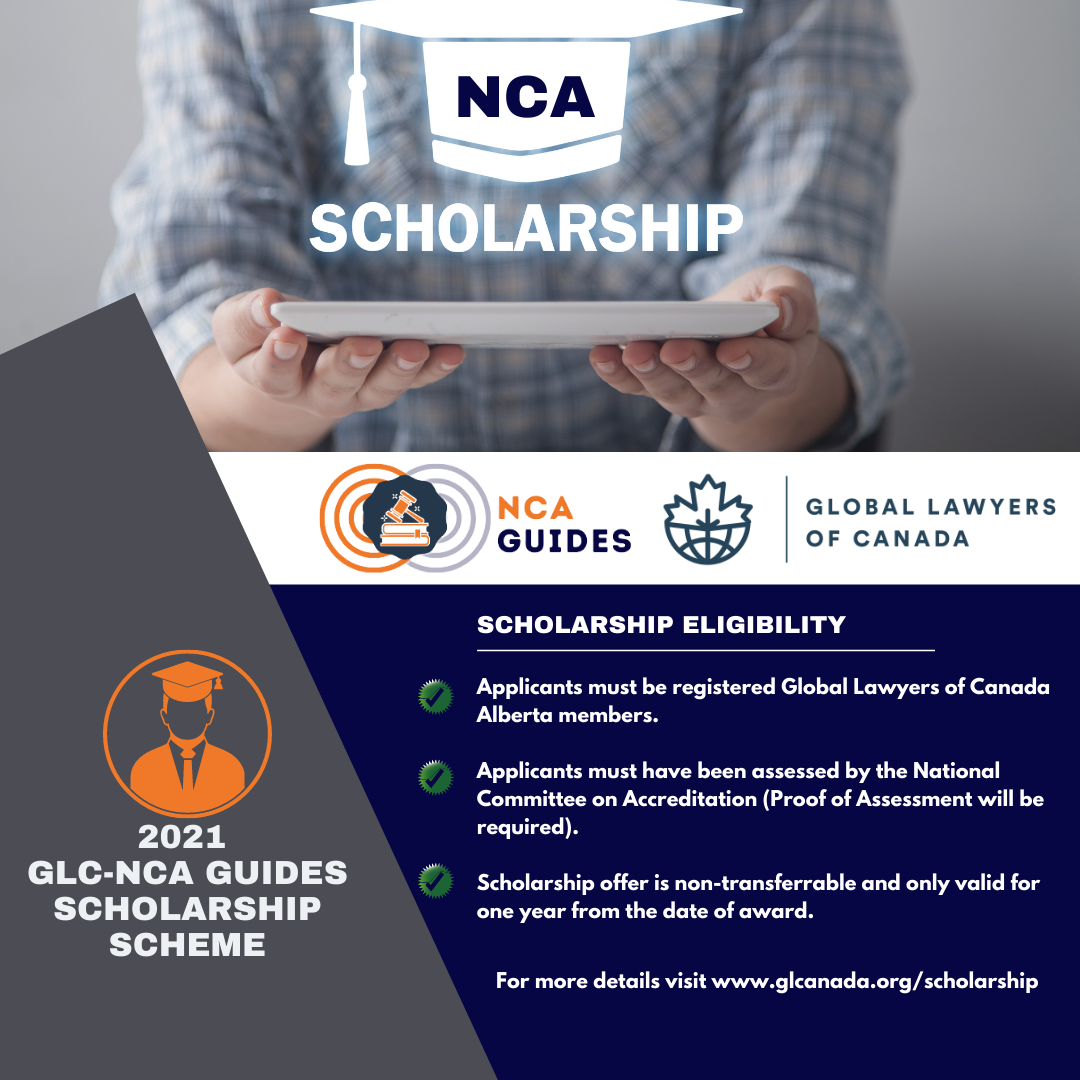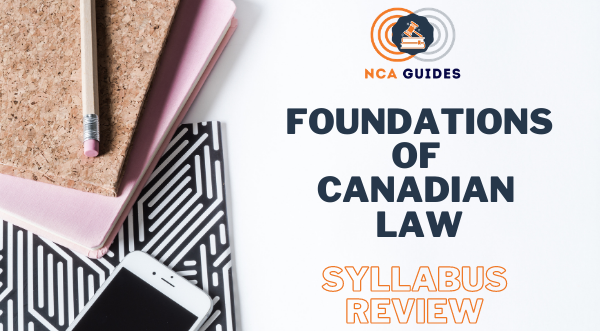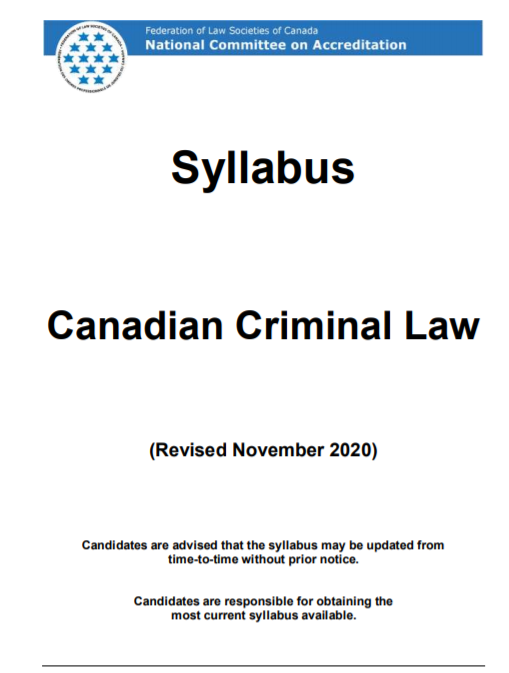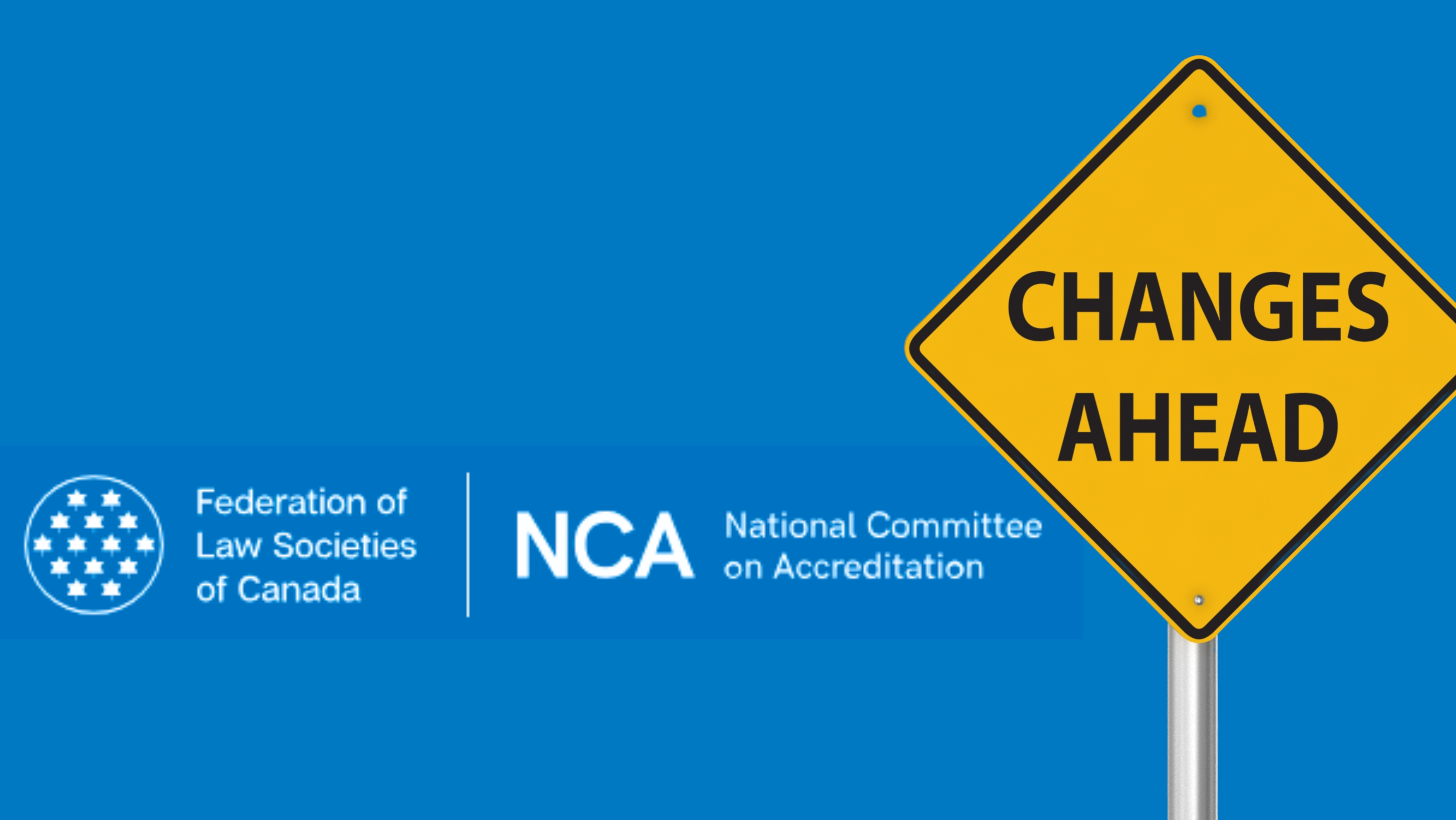
The National Committee on Accreditation (NCA) has approved a series of updates to its policies that will take effect on March 1, 2026. These changes are part of the NCA’s ongoing review of its accreditation framework, with a focus on clarity, fairness, and ensuring candidates are better prepared for bar admission and legal practice in Canada.
The updated policies introduce revised terminology and provide additional guidance on how the NCA assesses applications. Candidates are encouraged to familiarize themselves with the newly released NCA Policy Manual, as it will govern all assessments moving forward from March 2026.
Two Important New Requirements Continue reading “What You Need to Know About the NCA Policy Changes Coming in 2026”



